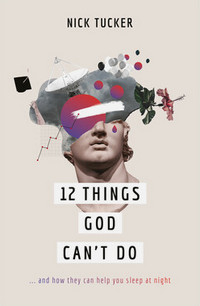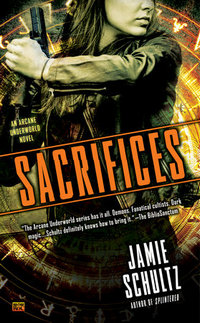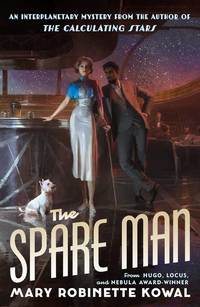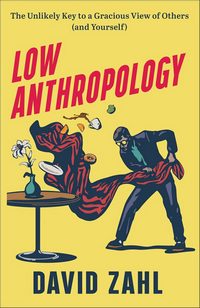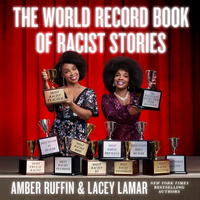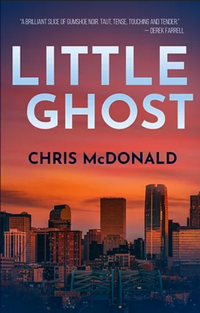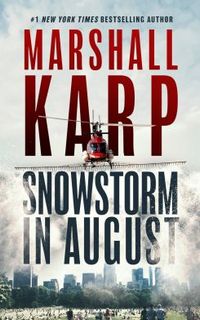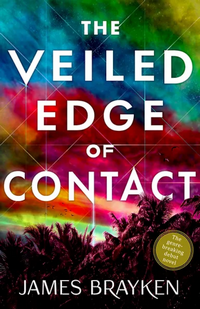 Radio Radio
Radio Radio
by Ian Shane
DETAILS: Publication Date: July 17, 2008 Format: eBook Length: 253 pg. Read Date: December 7-8, 2022

And there goes the last DJ
Who plays what he wants to play
And says what he wants to say
Hey hey hey
And there goes your freedom of choice
There goes the last human voice
And there goes the last DJ
Sure, that’s Tom Petty and not Ian Shane. But I had that song stuck in my head for almost the entire novel, they might as well be writing about the same guy.
What’s Radio Radio About?
Erik Randall is a DJ—that’s all he’s ever wanted to do. He loves being on the radio, sharing music with whatever corner of the world he can. He comes alive on the microphone, he seems to be good at the technical bits, and he loves the medium. What it has been, what it is, what it could be—but he’s very much not a fan of what it’s becoming.
He’s a True Believer, though, and is convinced that if given the opportunity, radio can still be great. He’s even formulating a plan so that one day, he can make at least one station great.
We don’t meet him on that day—in fact, shortly after we meet him, his station comes under the thumb of a corporation that makes cookie-cutter stations all over the country. In the same way you know what you’re going to be served at an Olive Garden in a different state from home, you know what you’re going to hear on the radio in your rental car once you hear a familiar station tagline. That’s what they’re going to turn his radio station into.
About the same time, he meets a local singer/songwriter, Myra. Erik’s still reeling from a semi-recent breakup and isn’t in the right frame of mind to think about romance—but she’s the kind of woman he’s dreamed about. His co-worker/friend, Shakespeare, has been pushing him for months to date again, and once Shakespeare meets Myra, he increases the pressure.
His professional life is falling apart, his personal life is looking promising for the first time in forever—can Erik handle it?
So, what did I think about Radio Radio?
I thought there was something grating—something blindly immature about Erik’s attitude and antics at work. Yes, he’s firmly in the model of the rebel DJ who cares more about the art than the business side. And as such, I can enjoy the character. Maybe it’s because I’m reading this through the eyes of someone in 2022 so I have 14 years of insight to know just how Quixotic Erik is being and how reality is going to hit him hard. Shakespeare, on the other hand, I could get behind—he’s a realist. There’s a romantic streak in him—he wants Erik and his vision to have a chance, but he knows better. I was enjoying the novel, but I really wasn’t on board with it. Which isn’t to say I didn’t find Erik amusing—I just found him a grating sort of amusing.
But then, Myra comes on the scene and two things happen. Erik starts to change, the bits of his personality that grate on me get pushed to the background.* Secondly, Ian Shane writes this stuff really well—like the way that Erik and Myra interact, the way that Erik makes an utter fool of himself because of her, the way that Myra and Shakespeare interact—this is where Shane’s later novels shine, and you can see him building that ability here. If this was the first Ian Shane book I read, shortly after Myra comes on the scene is where I’d order his next two books.
* I am fine with a protagonist grating on me—as long as there’s something about them or their story I can get behind. But I prefer the alternative.
I should also note, that some of Erik’s work attitudes and behaviors remind me of other characters in similar situations—the works of Adam Shaw, Matthew Hanover, and Andy Abramowitz jump to mind—so I’m not trying to say that Shane messed up by having Erik be this way. I just find it grating. What he does and says are, by and large, what an immature twenty-something would think and do. As he is an immature twenty-something, he’s spot-on.
Speaking of needing to grow up a little—a lot of the ways he approaches the big changes he needs to make, the conversations around them, and the way he reacts to people like Shakespeare making those changes himself, displays that immaturity. In those cases, I find it endearing and relatable.
Maybe I’m just the office crank? Out of the office issues don’t bother me as much.
One other challenge for me is that like with Postgraduate, I felt like Shane was judging me for my musical taste. And he probably should—because my musical taste not the kind of thing that Erik Randal (or anyone at Championship Vinyl) would approve of—very I’m fairly plebian, really. Frankly, I’m okay with that—and I did make a note or two to follow up on some music. I do wish I could hear Myra’s stuff, because I think I could get into it. That’s not a reflection on the novel, I just wish Shane would write a character with mainstream taste who is seen in a positive light.
This is a sweet book—there’s good character development, a strong cast of supporting characters (most of whom I didn’t mention) that I would love to see again in some form, great banter, solid comedy in a variety of forms, insight into an industry I know practically nothing about, and a sweet and well-told romantic story. It’s not as strong as his later novels, but it’s easy to see that he’ll be capable of greatness. Buy this book, it’ll make you happy.

![]()




